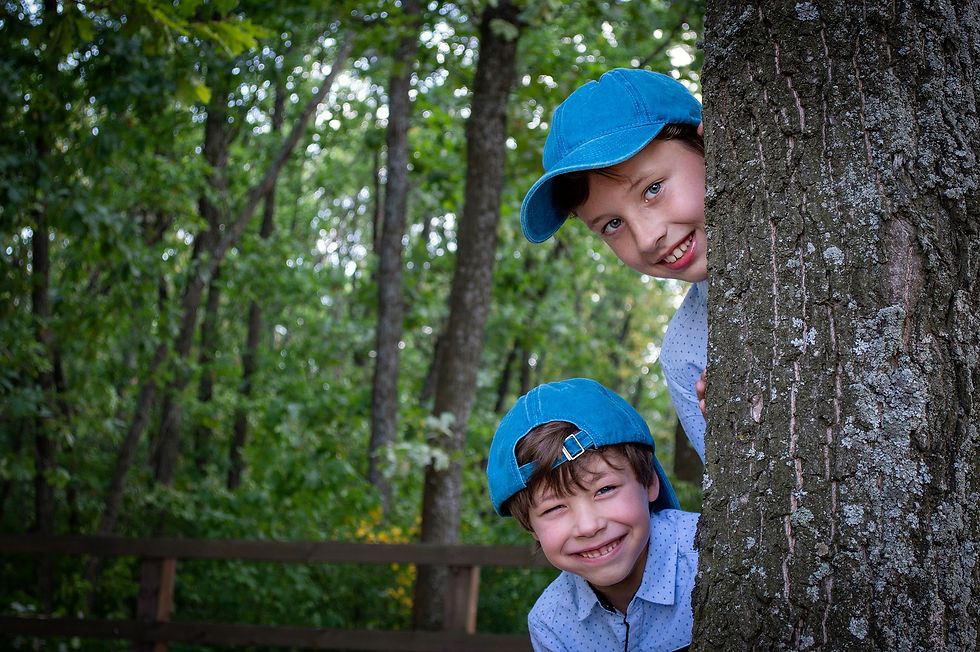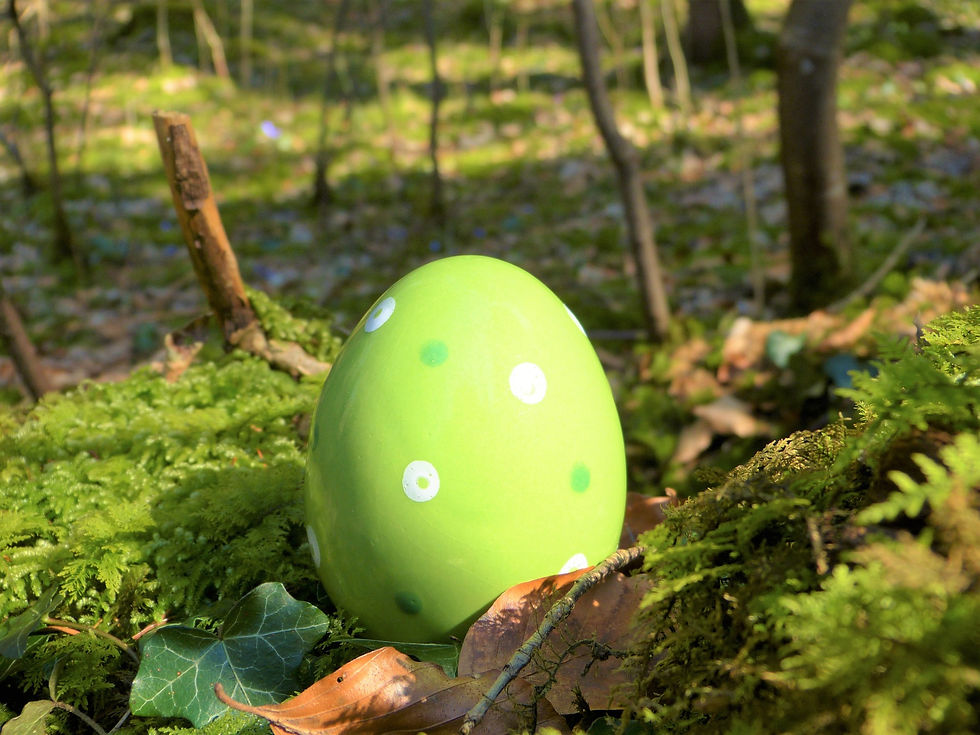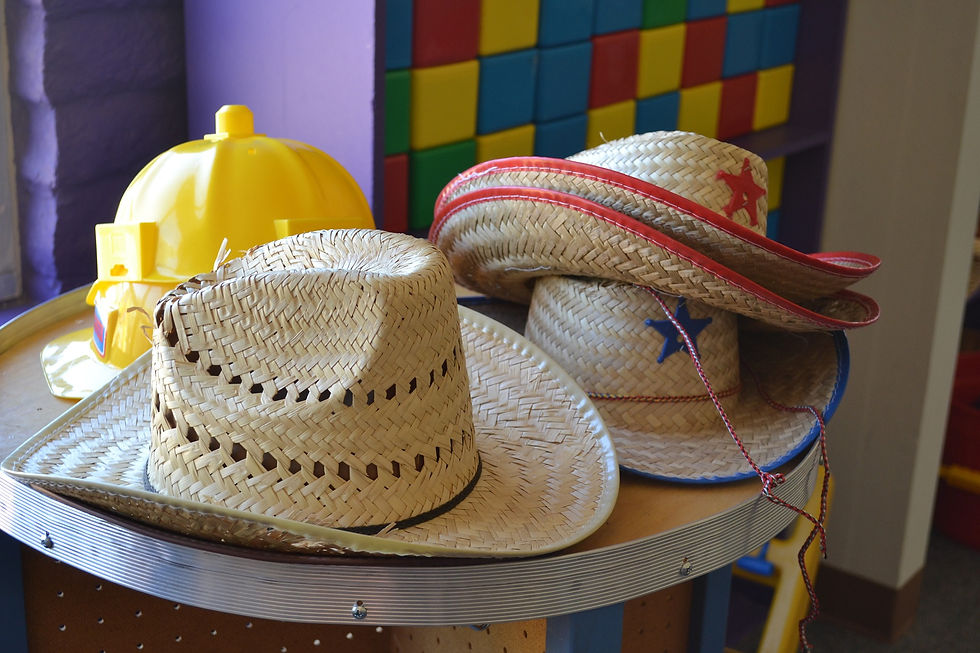How to have an egg-ucational Easter!
- LWP

- Apr 7, 2022
- 2 min read
Updated: Jan 8, 2025
With the Easter holidays looming, we thought we’d revisit the five top tips that Dr Anisa-Ree Moses contributed to as part of BBC Bitesize’s ‘Parents’ Toolkit’ last summer.
1) Understand the importance of play
Play helps to develop social and emotional skills, the ability to navigate situations and compromise, as well as impulse control – teaching children how to regulate themselves around others. There are lots of activities that involve playing with the whole family.

Why not try:
An Easter hat parade
A family boardgame
Easter ‘hide and seek’ (where one person is the ‘bunny’ a.k.a. the seeker, and they must gather up all their ‘eggs’ a.k.a. the hiders)
2) Find fun ways to keep learning
Parents are often worried about the development of their children’s numeracy and literacy skills. The holidays can feel like the perfect time to really drill into some of these areas, but it’s important to keep learning fun and lighthearted. Too much pressure, and your child is likely to experience feelings of boredom or anxiety – neither of which are conducive with learning.
Why not try:
An Easter egg hunt (counting the number of eggs each person has collected to declare a winner)
Boiled egg painting (you could write a different letter on each egg then see how many words you can make)
Making and writing Easter cards for all your friends and family

3) Talk – in lots of different ways
Conversation doesn’t always have to happen in a formal setting. Children learn through accessing a language-rich environment. There are lots of opportunities to incorporate talk into your day.
Why not try:
A taboo word game (children have to describe the appearance of their Easter egg without saying the words 'round', 'chocolate', 'brown' or 'hollow')
Starting a book or film club (where you discuss elements of what you’ve just read or watched)
A game of ‘I spy’ on a family walk
4) Allow children time for ‘free’ play
By ‘free’ play, we are referring to child-led play, where the activities are directed by the child and the adult’s role is simply to set appropriate boundaries in order to keep them safe. To support with this, you might want to provide a range of resources to spark their imaginations.

Why not try:
Teddies, dolls, models and other small world toys
Pillows, duvets, blankets and other den building materials
Dresses, hats, shirts, jewellery, shoes and other dressing up items
5) Don’t forget to get physical too
Physical exercise promotes the development of gross motor skills and problem solving skills. There are lots of ways of incorporating physical activity into the day.
Why not try:
Easter bunny sack race
Easter egg ‘laser’ mission (using pieces of string to create a laser grid that the children must navigate in order to retrieve their Easter egg)
A good old fashioned egg-and-spoon race!

Visit the BBC Bitesize Parents’ Toolkit for more information on helping your children play and learn by stealth.




Comments